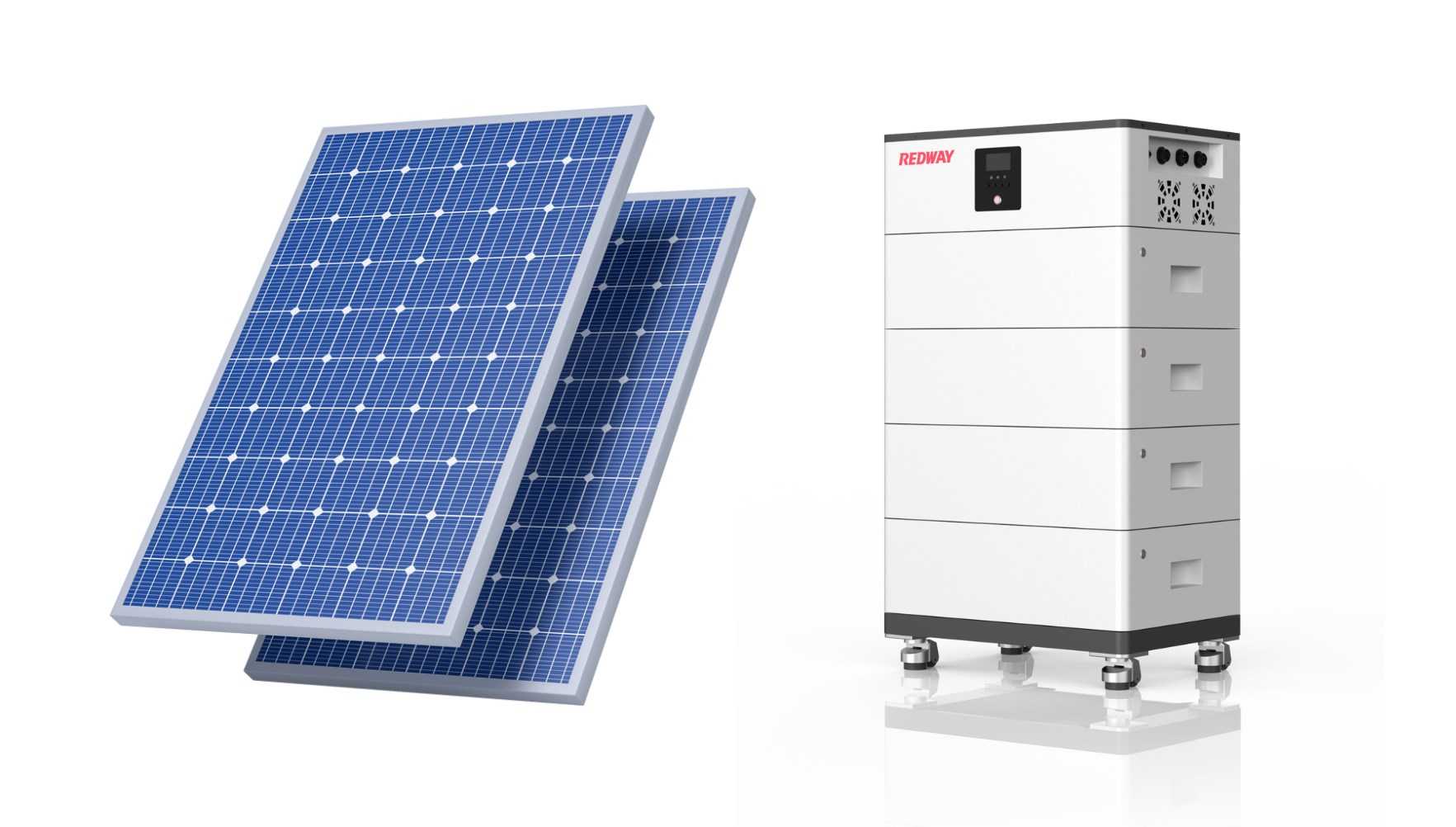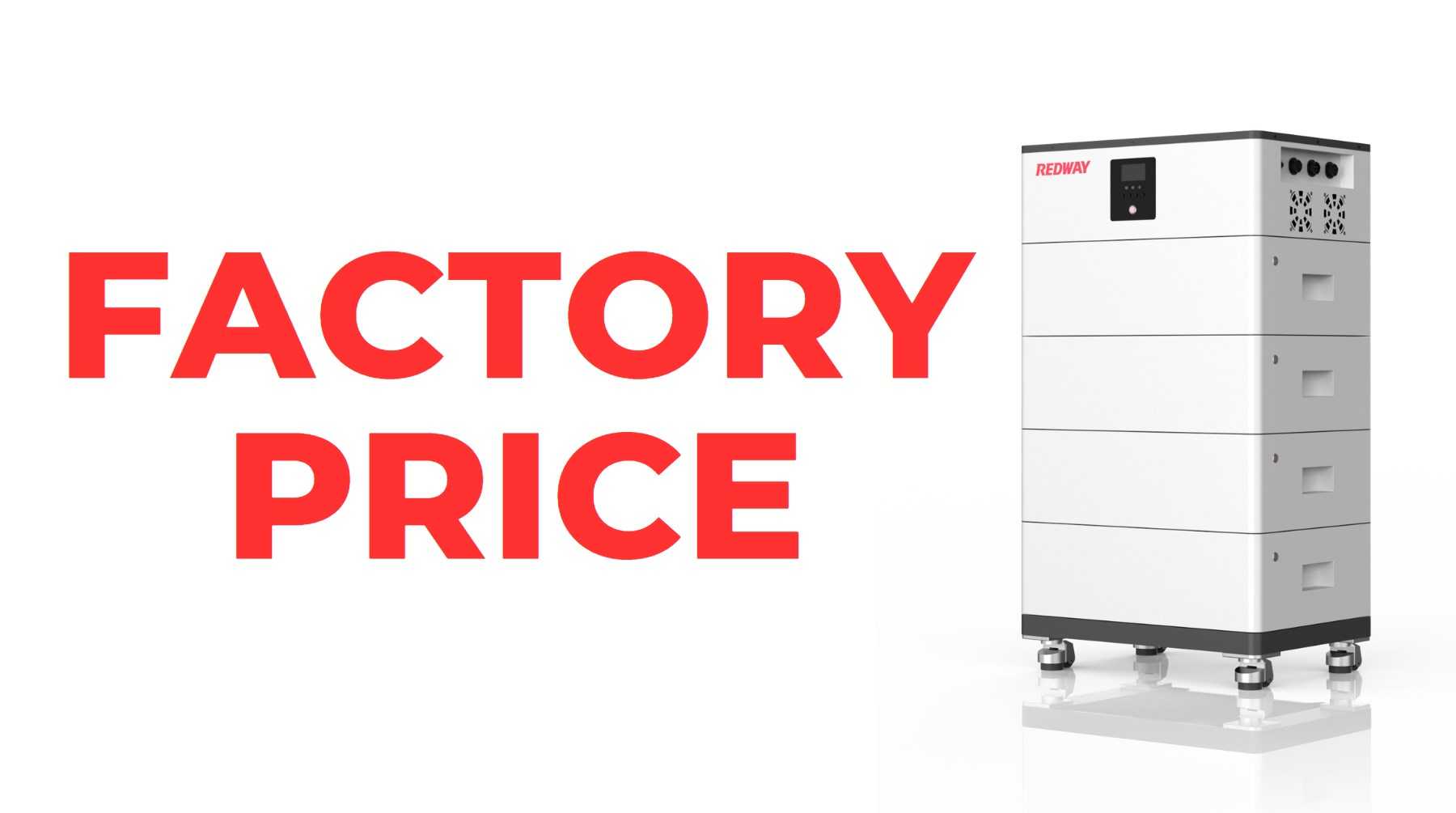Welcome to the world of solar energy and battery storage! In this buyer’s handbook, we will delve into the exciting realm of harnessing the power of the sun and storing it for later use. Solar panels with battery storage have become increasingly popular in recent years, offering numerous benefits for both residential and commercial users.
Whether you’re looking to save on electricity bills, reduce your carbon footprint, or simply gain energy independence, solar panels paired with battery storage provide a reliable and sustainable solution. But before you dive headfirst into this renewable energy revolution, it’s important to understand what factors to consider and how to calculate the costs involved.
In this comprehensive guide, we’ll walk you through everything you need to know about buying solar panels with battery storage. From understanding the advantages they offer to navigating tax credits and incentives, we’ve got you covered. So let’s embark on this enlightening journey together as we empower you to make an informed decision that aligns with your needs and budget!
Benefits of Using Solar Panels with Battery Storage
Solar panels have become increasingly popular in recent years as a renewable energy source. But did you know that combining solar panels with battery storage can provide even more benefits? Let’s explore some of the advantages of using solar panels with battery storage.
One major benefit is the ability to store excess energy generated by your solar panels. Instead of sending it back to the grid, this energy can be stored in batteries for later use during times when your solar production is low or at night. This means you can rely less on electricity from the grid and reduce your utility bills.
Another advantage is increased resilience during power outages. With a battery storage system, you can still have access to electricity even when there are disruptions in the grid. This can be particularly valuable during extreme weather events or other emergencies.
Using solar panels with battery storage also allows for greater energy independence. By generating and storing your own electricity, you become less reliant on traditional sources of power that may contribute to pollution and climate change. It’s a step towards sustainability and reducing your carbon footprint.
Furthermore, installing battery storage alongside your solar panel system may increase its overall efficiency. The batteries can help regulate voltage fluctuations and provide a stable supply of power, optimizing the performance of your panel array.
Utilizing both solar panels and battery storage contributes to the development of a decentralized energy system. As more homes and businesses adopt this technology, it reduces strain on centralized power grids while creating distributed networks that are resilient and sustainable.
Combining solar panels with battery storage offers multiple benefits such as reduced reliance on the grid, increased resilience during outages, enhanced energy independence, improved efficiency, and contributing towards decentralized energy systems. So if you’re considering investing in renewable energy solutions for your home or business, exploring options that include both solar panels and battery storage could be a wise choice!
Factors to Consider Before Buying Solar Panels with Battery Storage
Factors to Consider Before Buying Solar Panels with Battery Storage
When considering investing in solar panels with battery storage, there are several important factors to keep in mind. First and foremost is the location of your property. The amount of sunlight your area receives will directly impact the efficiency and effectiveness of your solar panels. It’s crucial to assess whether your location is suitable for harnessing sufficient solar energy.
Next, you’ll need to determine your energy needs. Take a close look at your electricity consumption patterns and calculate how much power you require on a daily basis. This will help you determine the size and capacity of the solar panel system and battery storage that best suits your needs.
Budget plays a significant role when it comes to purchasing solar panels with battery storage. While this technology offers long-term cost savings, it does require an upfront investment. Make sure to evaluate different financing options, including loans or leasing programs, as well as any available government incentives or tax credits that can offset some of the costs.
Another factor worth considering is maintenance requirements. Solar panels generally have low maintenance needs but may still require periodic cleaning or inspections for optimal performance. Similarly, batteries may need occasional monitoring and potential replacements over time.
Consider the longevity and warranty offered by manufacturers for both the solar panels and battery storage systems you are considering purchasing. Understanding these warranties can provide peace of mind knowing that if any issues arise within a specific timeframe, they will be covered.
Considering all these factors before buying solar panels with battery storage will ensure that you make an informed decision based on your specific circumstances and needs while maximizing long-term benefits from renewable energy technologies!
Calculating the Costs of Solar Panels and Battery Storage
When considering investing in solar panels with battery storage, it’s essential to have a clear understanding of the costs involved. While renewable energy is an excellent long-term investment, calculating the upfront expenses is crucial for budget planning.
The first step in determining costs is evaluating your energy needs. Consider your average monthly electricity consumption and any potential future increases. This will help determine the size of the solar panel system and battery storage capacity required.
Next, research local installation prices from reputable solar companies. Prices can vary depending on factors such as location, system size, and equipment quality. It’s recommended to obtain multiple quotes to ensure you’re getting a fair price.
In addition to installation costs, don’t forget about ongoing maintenance expenses. While solar panels are known for their durability, periodic cleaning and inspections are necessary to maximize their efficiency and lifespan.
Federal tax credits and incentives should also be factored into your cost calculations. These financial incentives can significantly reduce the overall expense of installing solar panels with battery storage systems.
Consider potential savings on utility bills over time when using solar power instead of relying solely on traditional electricity sources. The long-term benefits may outweigh the initial investment by providing substantial savings in operating costs down the line.
By carefully analyzing all these factors related to cost calculation, you’ll be better equipped to make informed decisions when purchasing a solar panel system with battery storage that suits both your energy needs and budget requirements
Understanding Tax Credits and Incentives for Solar Energy
When considering the costs of solar panels with battery storage, it’s important to understand the potential tax credits and incentives that can help offset those expenses. The government is keen on promoting renewable energy sources, including solar power, and as a result, there are several programs in place to encourage individuals and businesses to make the switch.
One such incentive is the federal Investment Tax Credit (ITC). This allows you to claim a percentage of your solar panel installation cost as a tax credit. Currently set at 26%, this credit can significantly reduce your overall investment in solar energy.
Additionally, some states offer their own incentives or rebates for installing solar panels with battery storage. These can vary widely depending on where you live but may include cash rebates, property tax exemptions, or sales tax exemptions.
It’s also worth noting that if you generate more electricity from your solar panels than you use, many utility companies offer net metering programs. This means they will buy back any excess electricity at retail rates or provide credits on future bills. This further reduces the financial burden of investing in solar energy.
To take advantage of these incentives and maximize savings, it’s crucial to research what programs are available in your area. Consulting with a knowledgeable installer or seeking guidance from local government resources can help ensure you don’t miss out on any opportunities.
In conclusion:
Understanding the various tax credits and incentives available for solar energy is essential when calculating the costs of installing panels with battery storage. By taking advantage of these programs, individuals and businesses can significantly reduce upfront expenses while enjoying long-term savings through clean and sustainable energy generation.
Tips for Choosing the Right Solar Panel and Battery System
When it comes to choosing solar panels and battery storage, there are a few key factors to consider. Here are some tips to help you make an informed decision that suits your specific needs.
1. Assess Your Energy Requirements: Start by analyzing your energy consumption patterns. Consider the size of your property, number of occupants, and typical energy usage. This will give you an idea of how many solar panels and what capacity battery system you might need.
2. Quality Matters: Look for reputable brands with a proven track record in the industry. High-quality solar panels and batteries may cost more initially but can provide better performance and durability over time.
3. Efficiency is Key: Pay attention to the efficiency ratings of both the solar panels and battery systems you’re considering. Higher efficiency means more power generation or longer-lasting battery life.
4. Consider Battery Capacity: If you want to use stored energy during nighttime or when solar production is low, opt for a battery system with sufficient capacity to meet your needs.
5. Warranty Coverage: Check the warranty terms offered by different manufacturers. A solid warranty ensures that any issues with your equipment will be addressed promptly without additional costs on your end.
6. Seek Professional Advice: Consult with experienced solar installers who can assess your property’s specifics and offer tailored recommendations based on their expertise.
7. Take Advantage of Reviews & References: Read customer reviews online and seek recommendations from friends or family members who have installed similar systems in their homes or businesses.
By following these tips, you’ll be well-equipped to choose reliable solar panels paired with an efficient battery storage system that suits your unique requirements!
Conclusion: Making an Informed Decision for Your Home or Business
As you have learned throughout this buyer’s handbook, investing in solar panels with battery storage can be a wise decision for your home or business. Not only does it offer numerous environmental benefits, but it also allows you to take control of your energy consumption and potentially save money in the long run.
Before making a purchase, it is important to carefully consider factors such as your energy needs, available space, budget, and any applicable regulations or incentives. By conducting thorough research and consulting with reputable solar panel providers and installers, you can ensure that you make an informed decision tailored to your specific requirements.
Remember to calculate the costs involved in purchasing the solar panels and battery storage system, including installation and maintenance expenses. Take advantage of tax credits and incentives offered by federal, state, or local governments that can help reduce the overall cost.
Additionally, when choosing a solar panel and battery system provider, prioritize quality products from reliable manufacturers with proven track records. Read customer reviews to gauge their reputation for customer service and satisfaction.
Finally yet importantly – don’t forget about ongoing maintenance! Regular inspections by professionals will ensure that your system operates at peak efficiency over its lifespan.
By considering all these aspects before buying solar panels with battery storage systems for either residential or commercial use, you’ll be on your way towards reducing reliance on fossil fuels while enjoying clean energy independence. So go ahead – harness the power of the sun while keeping both our planet Earth and your wallet happy!
Remember – every step counts towards building a sustainable future. Choose wisely!





